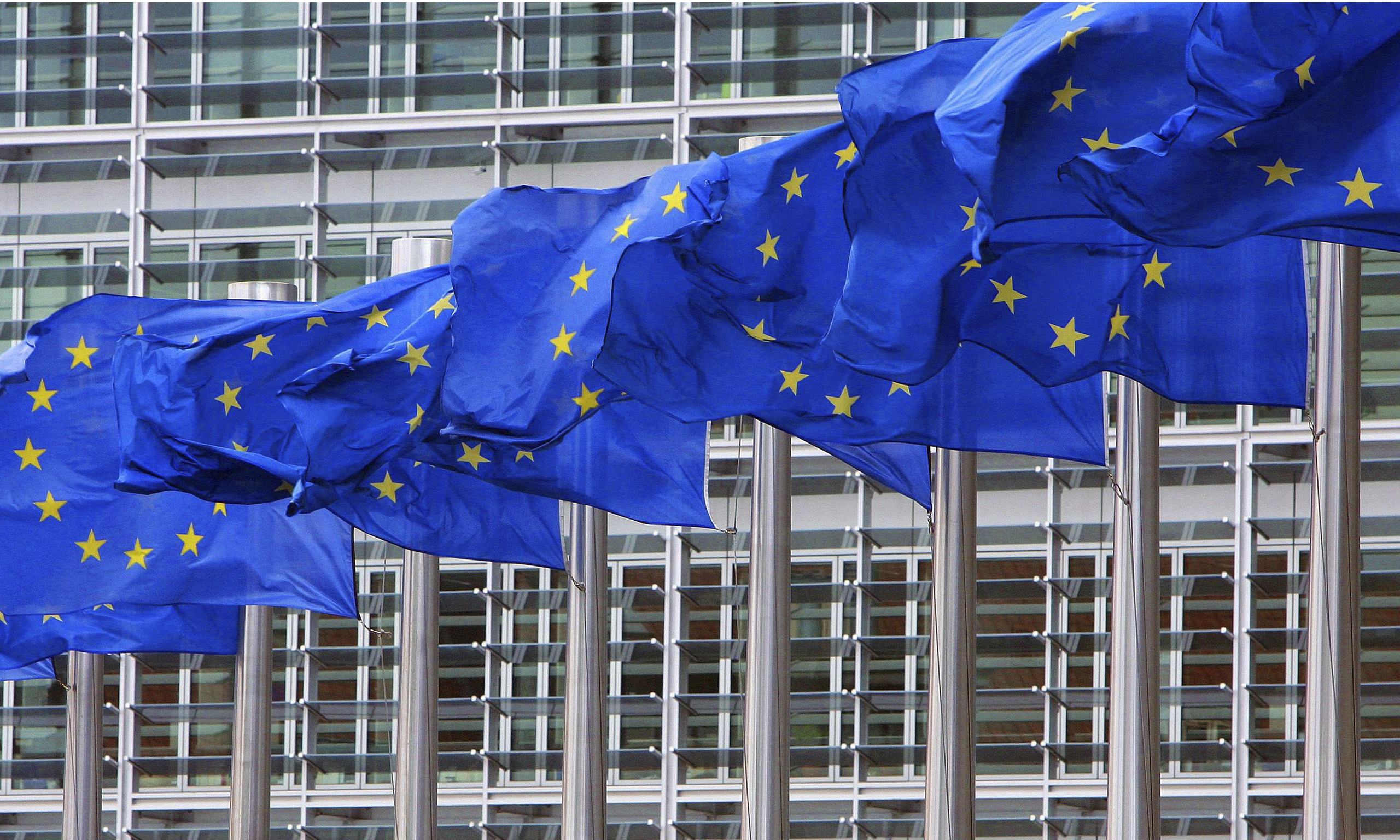Statement by President von der Leyen at the Cabinet Retreat of the German Federal Government at Schloss Meseberg

I would also like to thank you for the invitation to come back to Meseberg. It is lovely to be here again. I would also like to thank you for the very constructive and intense discussions we have held.
Particularly since all this is happening in the context of Russia’s war against Ukraine. Looking back today, one year after the start of the war, it is clear that President Putin has failed in the fundamental aims he had at the beginning of this war. He wanted to replace the Ukrainian government with a pro-Russian government. He failed, because of the Ukrainians’ resistance. He wanted to break Ukraine’s pro-European attitude. And in fact he achieved the opposite. Today, Ukraine is a candidate country on its way to joining the EU. And, as has just been said, President Putin expected he could break the European Union’s unity by exploiting its then dependence on Russian fossil fuels. The opposite was the case. Europe’s dependence on Russian oil and gas is history now. Within eight months, Russia scaled back its gas exports to Europe by 80 %. And we found ways to make up for this together, through hard work. It certainly helped that good friends like the United States of America and Norway supported us with LNG and pipeline gas. It is also worth noting that Europeans played their part by reducing their energy consumption by 20 % last year. And we have invested massively in renewable energies. The results speak for themselves: In 2022, for the first time, Europe produced more electricity from windfarms and solar panels than from gas. In the process, we have succeeded not only in keeping CO2 emissions from increasing and in keeping them from stagnating, but in actually cutting CO2 emissions by 2.5 %. Nevertheless, as we have discussed, energy costs for businesses are relatively high compared with other regions of the world. And together we need to improve our competitiveness. We need to focus on remaining the leading region in clean technologies in the future. We need to improve the framework conditions for clean tech.
Clean tech is the fastest-growing industrial and investment sector in Europe today. We are the world leader in many clean technologies – just look at fuel cells, the hydrogen economy, and wind turbines. But now it is crucial that we also maintain our lead here. And we are discussing all this in face of the fact that the USA has enacted its ‘Inflation Reduction Act’, which on one hand offers massive tax breaks for the clean tech sector, but on the other hand is underpinned by a very clear ‘buy American’ logic. Firstly, we have to say that investments in the clean tech sector in the US are good, because they are good for combating climate change. But they also present us with some difficulties. So we have discussed how we can respond to these. Firstly, negotiations with the US on the interpretation of the Act are important. Secondly, we need to invest more ourselves. And thirdly, we need to speed up processes.
In the negotiations with the USA, it is crucial that we manage to also gain access to tax privileges in the USA for our automotive industry. We have succeeded with this in a first step, if we look at the issue of electric cars. We still have to work with the USA on the issue of batteries and battery components. A second point that is important: if we look at the US Act with its tax breaks, then it is important that we are likewise in a position to invest in our clean tech industry here as well. On the one hand, by means of aid, but also – and this is the other side of the coin – by means of European funds that have not yet been utilised. That is the second component we will propose in a legislative act in two weeks’ time. And here in Meseberg I have also given you an insight into this further, larger package for competitiveness that we will present the week after next. This will be a communication from the Commission. At issue is the need to remove barriers in the Single Market. It is a matter of strengthening the industrial base in Europe. This means we need more innovation to be able to make climate-friendly economic activities a reality. We need to take a much stronger approach to tackling skills shortages – this issue will play a major role. The shortage of skills is potentially the strongest brake on our growth.
And finally, we have also discussed how Europe can consciously focus more on trade. We have recently concluded agreements with Chile and New Zealand. And my Commission is currently working to conclude agreements with Australia, Mexico, and Mercosur. We have a lot to do, but we also have a lot to offer – we must never forget that. We have the largest single market in the world. We have excellent companies that are global leaders in technology. We have a pool of expertise that is unparalleled. So, as we have discussed, it is a matter of strengthening our strengths.
